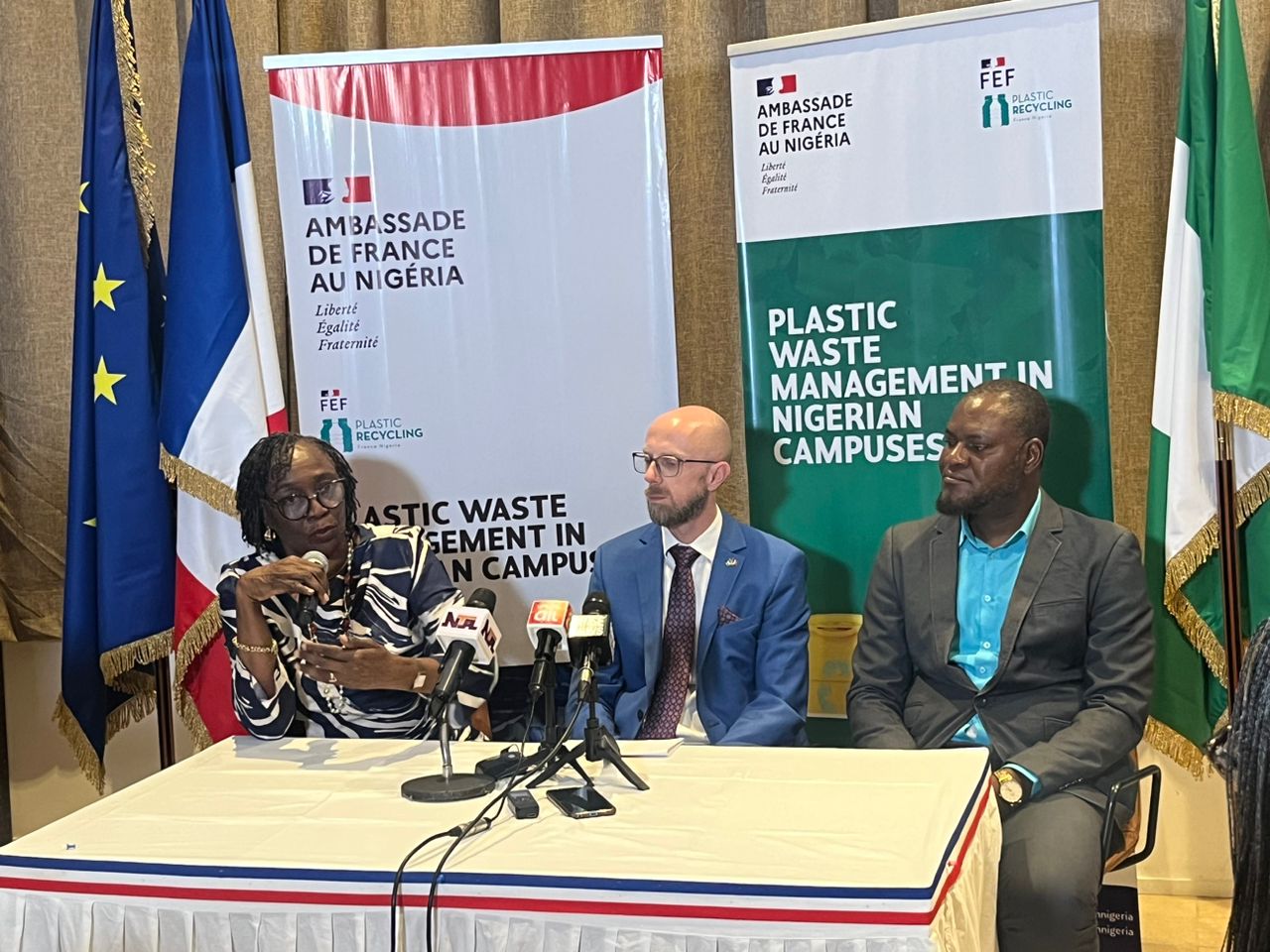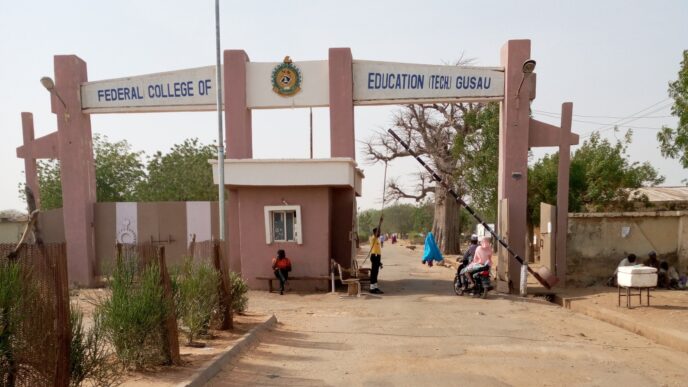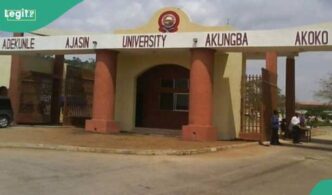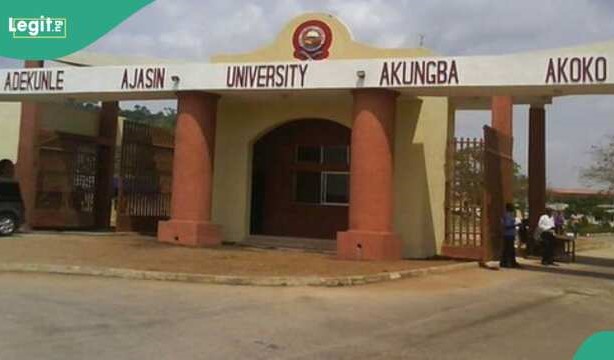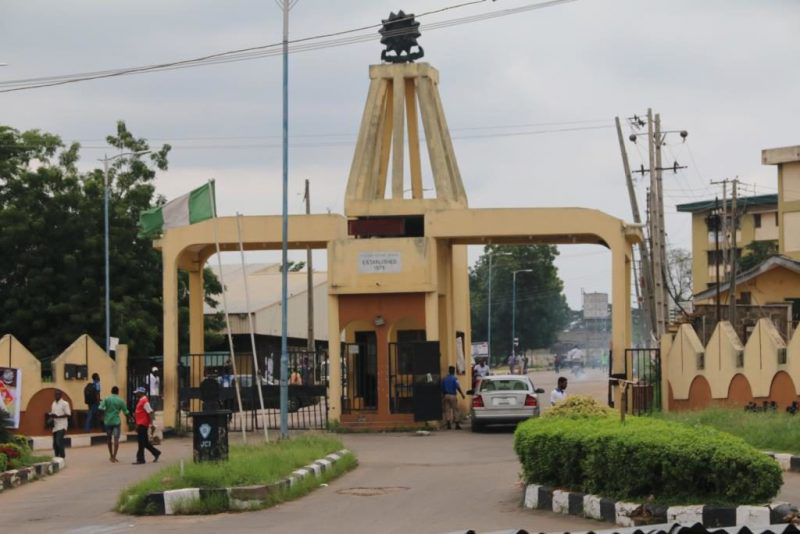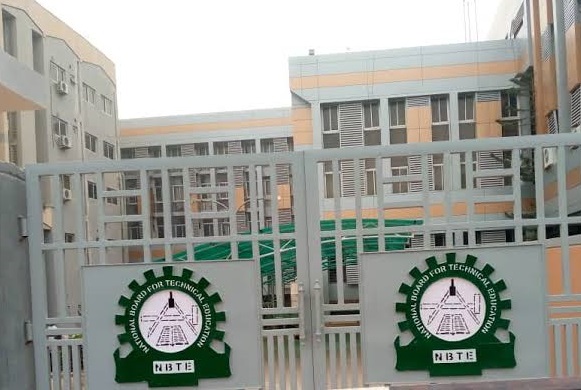The French embassy has launched a plastic waste management project to help universities across Nigeria develop innovative and adaptive ideas while enhancing sustainable practices.
Sébastien Bede, science and higher education attache, made the announcement in a press briefing on Thursday evening.
Bede said the project will be carried out through the cooperation and cultural department under the French embassy fund (FEF) with the ultimate objective of building cooperation between French and Nigerian universities.
“There are projects on the ground that are very important, but we have to ensure the follow-up of the Paris Agreement and make sure that the engagements taken at that location are fulfilled and followed up. In that endeavour, we are partnering with many countries,” Bede said.
Advertisement
“We chose African countries because we believe fighting climate change deserves solidarity between the most economically advanced countries and the less economically advanced countries.
“A key component of this project is sustainability and that is why I was mentioning that we have also co-designed a business model for these microplants. The total amount for this project (in Nigeria) is €753,000.”
An inaugural steering committee meeting was held earlier with the participating universities and key stakeholders from the National Universities Commission (NUC), the Tertiary Education Trust Fund (TETFund), the Petroleum Technology Development Fund (PTDF), ministry of environment representatives and partners from the civil society.
Advertisement
Jean Hasperue, acting French ambassador to Nigeria, said the project will empower Nigerian students to make a tangible impact on plastic waste reduction.
“Universities are at the forefront of shaping the future, and this project is a significant step towards a more sustainable world,” Hasperue said.
“In this environment month, we have held 11 events across four Nigerian cities with activities in Lagos, Port Harcourt, Abuja, and Ogun state. We recently organised a debate on combating climate change and climate resilience and a conference about the place of plants in Nigerian cities.”
‘HIGHER PLASTIC WASTE FOUND IN UNIVERSITIES’
Advertisement
Folasade Ogunsola, vice-chancellor of the University of Lagos, one of the participating campuses, lauded the project, saying it will also enable universities carry out research initiatives to understand the drivers of plastic pollution and what innovative roles youth can play in driving solutions.
“What drives you might not drive a young person; so how do we make waste collection and the environment fashionable? I think it is with the young we can find that and we have to ask them; we have to test whatever hypothesis we have, and that you can only do on the campus in the university, so it is a lot of work,” Ogunsola said.
“We are looking forward to the micro plans because it is going to make what we do more efficient, we already have things to help with sorting but it is not enough.
“Working with the French government and the other French universities, we will be able to up our game, improve the technology, and we are looking at technology that is robust that we can use in any way.”
Advertisement
Explaining the justification of the project on campuses, Dilli Dogo, vice chancellor of Nile University, another participating institution, said about 70 per cent of the component of waste generated in Nigeria is food waste or recyclable organic waste.
“If you look at that 30 per cent again, around 10 per cent is made of plastic, and this is what you see outside campuses. But studies carried out in Nigeria found close to 60 per cent of the waste component on campus are actually plastic while the food component and the other components are quite low,” Dogo, who was represented by Abdulhameed Mambo, dean of the faculty of environmental science, said.
Advertisement
Other participating universities include Alex Ekwueme Funai University, Bayero University Kano, Covenant University, Babcock University, University of Jos, Obafemi Awolowo University, University of Ibadan, Yaba Tech, University of Calabar, University of Nigeria Nsukka, and University of Delta.
Advertisement
Add a comment
